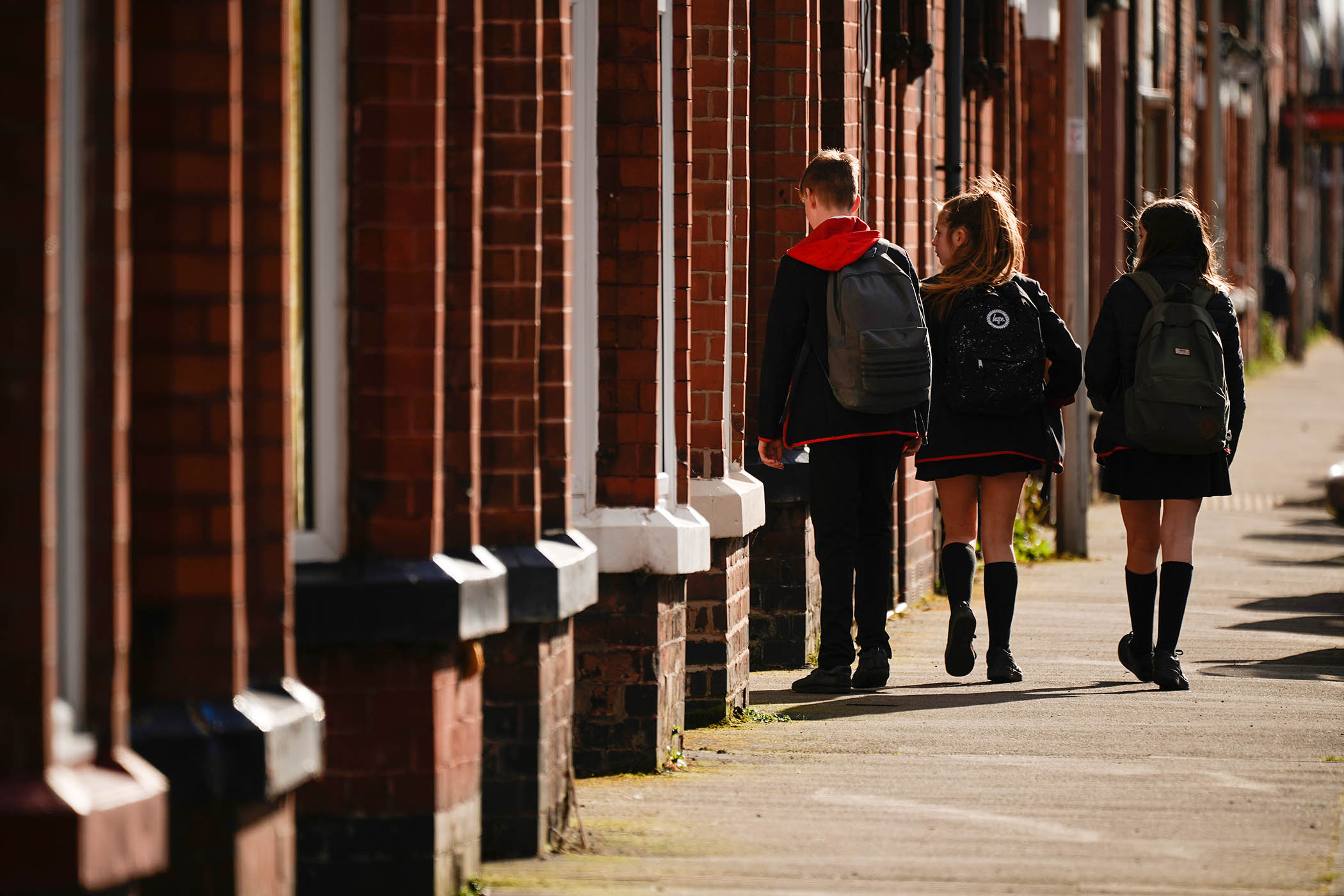When Jeremy Hunt revealed sweeping reforms to the free childcare scheme in 2023, Chizzy Chukwukere, founder of Zippy’s Day Nursery in Greenwich, south-east London, was supportive. “Anything that helps parents with affordability is a positive,” she said.
But, as nurseries and childminders prepare for even more children to become eligible for 30 hours a week of government-funded childcare from tomorrow, Chukwukere is running low on goodwill. On top of increases to employers’ national insurance and the national living wage, she says, implementing the reforms has been “much harder than expected”.
The costs have squeezed her business – and the UK’s £7bn childcare sector – to the point where for many the future is uncertain.
From tomorrow, hundreds of thousands of parents who earn less than £100,000 each will be able to claim 30 hours of government-funded childcare a week once their children are nine months old. Previously, only children over three qualified for the full 30 hours. The changes, which apply only in England, represent the final stage of a three-part scheme that has gradually expanded the number of children who are eligible for funded childcare.
Not surprisingly, the reforms have been popular with parents. In June, figures from the Institute for Fiscal Studies (IFS) suggested that take-up of the first two phases of the scheme had been 26% higher than expected; at that month’s spending review, Rachel Reeves earmarked an extra £1.6bn a year for early years care.
Figures from the Department for Education (DfE) in July showed that 1.7 million children were registered for the scheme, up by more than 400,000 from a year earlier. New DfE numbers due tomorrow are expected to show another steep rise.
Improved funding for childcare is seen as crucial to helping mothers into the workforce: according to research by the Centre for Progressive Policy, lack of childcare prevents 1.7 million women from taking on more work, at a cost to the economy of £28.2bn a year.
But for the childcare sector, it has been a major upheaval. According to analysis by the IFS, Whitehall will after tomorrow be paying for 80% of all pre-school childcare hours in England, which essentially means the government is in control of setting the price of childcare. Providers say that’s the problem. The rate the government pays – £6.12 an hour for three- and four-year-olds, £8.53 for two-year-olds and £11.54 for babies – does not cover the full cost of a nursery place, particularly after this year’s rises in employers’ NI contributions and the national living wage.
Now, with the final stage of the reforms, nurseries will lose extra income from younger children, who previously had to be paid for privately.
‘Without change, nurseries like ours will face closing or cutting back’
‘Without change, nurseries like ours will face closing or cutting back’
Chizzy Chukwekere
“Nurseries are not funded properly, and the gap between what the government pays and what it actually costs continues to grow,” said Chukwukere.
Newsletters
Choose the newsletters you want to receive
View more
For information about how The Observer protects your data, read our Privacy Policy
“We are expressly prohibited from passing on the shortfall in funding to parents,” added Neil Leitch, chief executive of the Early Years Alliance. “It just feels like it’s an unfair, inequitable position to put us in.”
Chukwukere said the changes mean she is looking at reducing places and reviewing staffing: “Without change, nurseries like ours will face closing or cutting back.”
This effect has already been felt in the wider sector: DfE figures show that 1,700 childcare providers, 3% of the total, shut their doors between 2023 and 2024. And a survey by the Early Education and Childcare Coalition shows almost 20% operating at a loss, and one in 10 saying they are likely to close altogether within two years.
“If you want to allow the system to operate in a balanced commercial environment, you have to adequately fund it,” said Leitch, who criticised the government’s decision not to exempt childcare providers from the rise in NI contributions. “You’d have to be pretty naive to think that there’s not likely to be some knock-on impact to those decisions.”
Sara Reis, deputy director at the Women’s Budget Group, agreed: “If we want a healthy, thriving and more equal economy, we must fund childcare properly. Anything less is a broken promise to parents, providers and the next generation.”
A DfE spokesperson said: “We uplifted early years funding by more than £2bn this year, including a £75m targeted expansion grant to support growth this September and a record uplift to the early years pupil premium. We will continue working alongside the sector to ensure it is financially sustainable going forward, starting by upping funding even further next year, to £9bn.”
Photograph by Andrew Fox/Alamy



